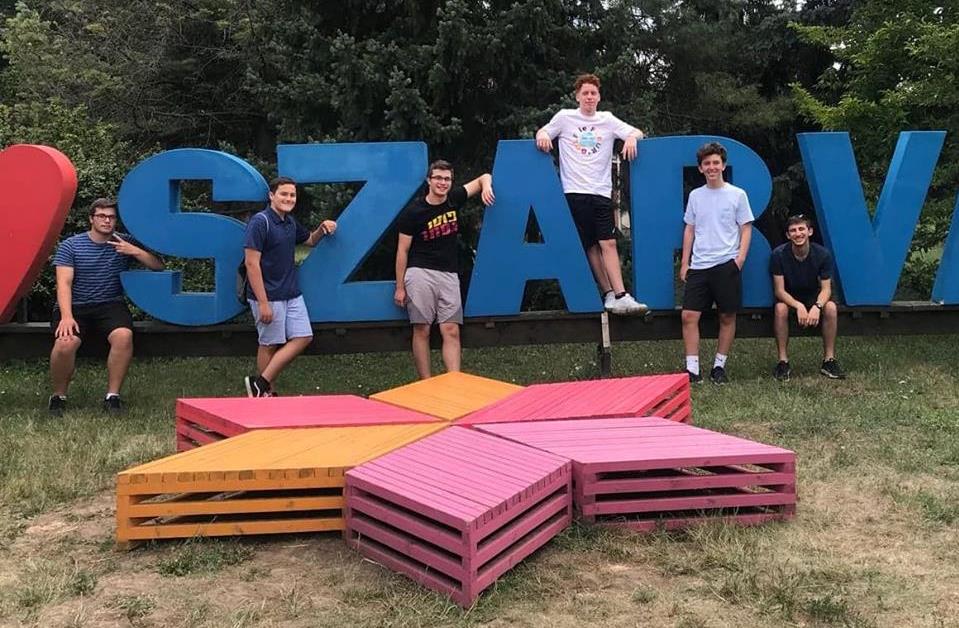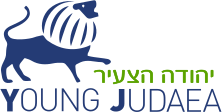
Summer at Szarvas: by Evan Ressel
During this past summer, I spent two weeks at Szarvas, an international Jewish sleep-away camp in Hungary. The camp brings together Jewish children and teens from the ages of 7-17 from across Eastern Europe, the U.S., Israel, and India; unites people who probably would never have otherwise met on the basis of one characteristic about themselves: Judaism. It was an incredible experience filled with singing, dancing, conversations with new friends from around the world, and more than a little bit of trying to pronounce words in tons of different languages.
While there I took note that as a Jew living in America, I’ve had the incredible opportunity and freedom to express my Judaism. I live in a peaceful community where I am surrounded by Jews of all ages, I go to a thriving synagogue, and have attended summer camp and Jewish youth events for my entire life. However, the same cannot be said for many of the other chanichim at Szarvas. Many came from small, struggling, or shrinking Jewish communities, and some shared with me that they’ve faced harsh antisemitism. For many, the only Shabbat that they would celebrate during the whole year was at Szarvas.
There was one moment that particularly stood out to me. During Shabbat prep, music was playing over the loudspeakers. Initially some traditional Jewish Shabbat tunes like “Hava Nagila” or “Shalom Aleichem” could be heard. But then, I heard songs that were really out of place. Things such as “Chanukah O’Chanukah” and even the tune to the “Four Questions” from Passover were played. This confused me and most of the other Americans as well. Then, our group leader explained that for many of the chanichim, they don’t know that some of the songs that were played were traditional for holidays that were months away. To them, they were simply Jewish tunes.
So, on the 4th of July, my American delegation and I delved deeper into what it means to be Jewish and American, and how to express that in an international setting. Through our discussion that day we identified how we could bring our knowledge of Judaism to the camp community. We discussed our role in helping to lead others in areas they may not have as much experience in, such as tefilot or shira. Meanwhile, we had to open ourselves up to new traditions and thought from our fellow chanichim. That day, we also received a privilege check. While many of us Americans could afford the cost of camp this was not the case for all.
In conclusion, Szarvas truly was an incredible experience. I experienced the diversity of the Jewish community on two levels. The first was just within the American delegation, which represented varying levels of observance and diversity of opinion. The second was on the global scale, representing various cultures from four different continents. Through the interaction and exposure to Jewish teens from many unique cultures, Szarvas successfully celebrates the vast and amazing diversity of the Jewish people.
~ Evan Ressel, National Mazkir 2018-2019
